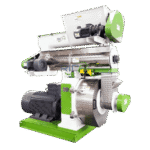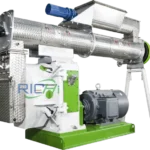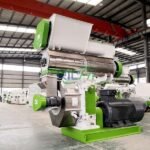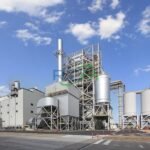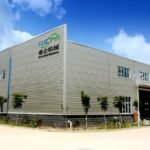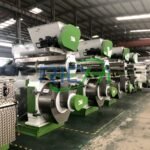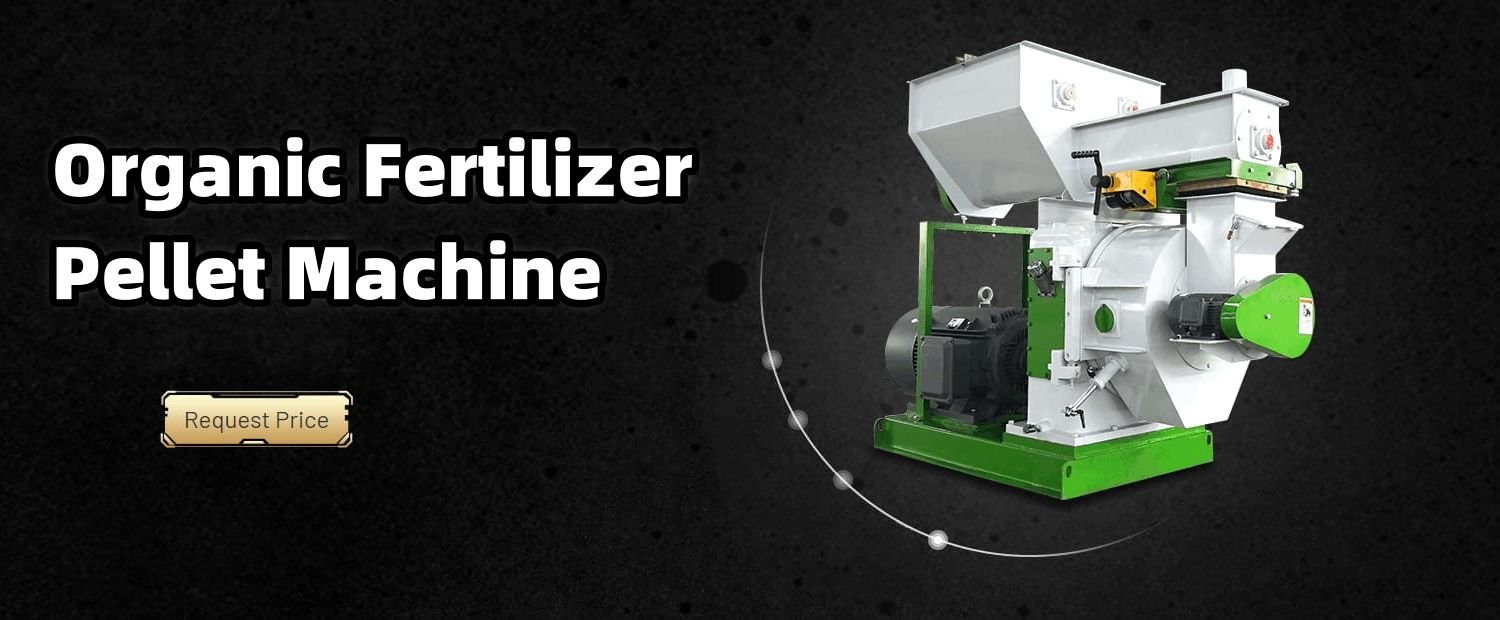In the ever-evolving landscape of sustainable agriculture and waste management, innovative solutions are crucial for addressing the challenges posed by the growing global population and the need for environmentally friendly practices. One such solution that has gained significant traction is the manure pellet mill, a specialized equipment designed to transform animal waste into a valuable resource – nutrient-rich fertilizer pellets.
The Livestock Industry’s Waste Challenge
The livestock industry plays a vital role in the global food supply chain, providing a significant source of protein for millions of people worldwide. However, this industry also generates vast amounts of waste in the form of animal manure, which, if not properly managed, can pose serious environmental and health risks. Traditional methods of manure disposal, such as open-air storage or direct application to fields, contribute to air and water pollution, greenhouse gas emissions, and the potential spread of pathogens.
The Benefits of Manure Pellets
Manure pellets offer a sustainable and eco-friendly solution to this waste management challenge. By converting animal waste into compact, nutrient-rich pellets, these machines unlock a range of benefits:
- Organic Fertilizer: Animal manure is rich in essential nutrients like nitrogen, phosphorus, and potassium, making it an excellent organic fertilizer for agricultural applications. The pelletized form enhances its handling, storage, and application efficiency.
- Reduced Environmental Impact: Proper management and processing of animal manure through pelletization significantly reduce the risk of water contamination, air pollution, and greenhouse gas emissions associated with traditional disposal methods.
- Waste Reduction and Resource Recovery: By transforming animal waste into a valuable product, manure pellet mills contribute to the principles of a circular economy, promoting waste reduction and resource recovery.
- Improved Biosecurity: The pelletization process involves heat treatment, which effectively eliminates potential pathogens and reduces the risk of disease transmission, enhancing biosecurity in livestock operations.
- Versatile Applications: Manure pellets can be used in various agricultural settings, including organic farming, horticulture, and landscaping, providing a sustainable and cost-effective alternative to chemical fertilizers.
Related post:https://www.richipelletmachine.com/chicken-manure-pellet-machine/
The Intricate Workings of Manure Pellet Mills
Manure pellet mills are designed to transform raw animal waste into high-quality organic fertilizer pellets through a series of intricate processes. The typical workflow of these machines includes the following key stages:
- Raw Material Handling and Preparation: The first step involves the collection and preprocessing of animal manure, which may include drying, shredding, or size reduction to ensure optimal pellet production.
- Grinding and Sizing: The preprocessed manure is fed into a grinding mill, where it is reduced to a consistent particle size, typically between 3-6 mm. This step is crucial for achieving uniform pellet quality and efficient compression during the pelleting process.
- Conditioning: The ground manure material is conditioned with steam or water to increase its temperature and moisture content. This conditioning process softens the material, facilitating the binding of particles during the pelleting process.
- Pelleting: The conditioned manure material is fed into the pellet mill, where it is compressed and extruded through small die holes by rotating rollers or a ring die. The resulting pellets are cut to the desired length by knives or a die, ensuring a consistent size and shape.
- Cooling and Drying: After pelleting, the hot pellets are rapidly cooled and dried to prevent further moisture absorption and maintain their structural integrity. This step is crucial for ensuring the durability and quality of the final product.
- Screening and Packaging: The cooled pellets are screened to remove any fines or oversized pellets, ensuring a consistent product. Finally, the pellets are packaged in bags or bulk containers for storage and distribution.
Factors Influencing Pellet Quality and Efficiency
The quality and efficiency of manure pellets produced by these mills are influenced by several critical factors, including:
- Raw Material Quality: The composition and moisture content of the animal manure significantly impact the pellet quality and production efficiency. Consistent and uniform raw materials are essential for optimal performance.
- Particle Size Distribution: Achieving a uniform particle size distribution through proper grinding is crucial for efficient pelleting and pellet durability.
- Conditioning Parameters: The temperature, moisture content, and conditioning time play a vital role in determining pellet quality, durability, and energy consumption during the pelleting process.
- Die Specifications: The size, shape, and compression ratio of the die holes in the pellet mill affect the physical characteristics and density of the pellets, as well as the energy requirements for the pelleting process.
- Cooling Rate: Rapid and efficient cooling is necessary to prevent pellet degradation and maintain structural integrity, ensuring a consistent and high-quality product.
- Maintenance and Optimization: Regular maintenance and optimization of the manure pellet mill, including die replacement, roller adjustment, and process parameter tuning, are essential for maintaining optimal performance and efficiency.
Advancements and Future Outlook
The manure pellet mill industry is continuously evolving, driven by the need for increased efficiency, automation, and sustainability. Advancements in areas such as process control, energy optimization, and alternative organic materials are shaping the future of organic fertilizer pellet production.One notable development is the integration of advanced
technologies, such as the Internet of Things (IoT) and machine learning, into manure pellet mills. These technologies enable real-time monitoring, predictive maintenance, and optimized process control, further enhancing the performance and efficiency of the machinery.Additionally, the industry is exploring the use of alternative organic materials, such as agricultural residues, forestry by-products, and municipal solid waste, as potential feedstocks for organic fertilizer pellet production. These alternative sources not only contribute to the sustainability of the industry but also provide opportunities for resource utilization and waste reduction.
As the global demand for sustainable agricultural practices and waste management solutions continues to rise, the role of manure pellet mills will become increasingly crucial in meeting the needs of livestock producers, farmers, and environmentally conscious consumers. With ongoing research and innovation, these machines will continue to evolve, ensuring the efficient transformation of animal waste into valuable organic fertilizers, contributing to a more sustainable and resilient agricultural ecosystem.In conclusion, manure pellet mills are at the forefront of the sustainable waste management and organic fertilizer revolution, transforming animal waste into a valuable resource.
As the world continues its journey towards a greener and more responsible future, these specialized machines will play a pivotal role in promoting circular economy principles, reducing environmental impact, and supporting sustainable agricultural practices, paving the way for a more prosperous and eco-friendly tomorrow.
